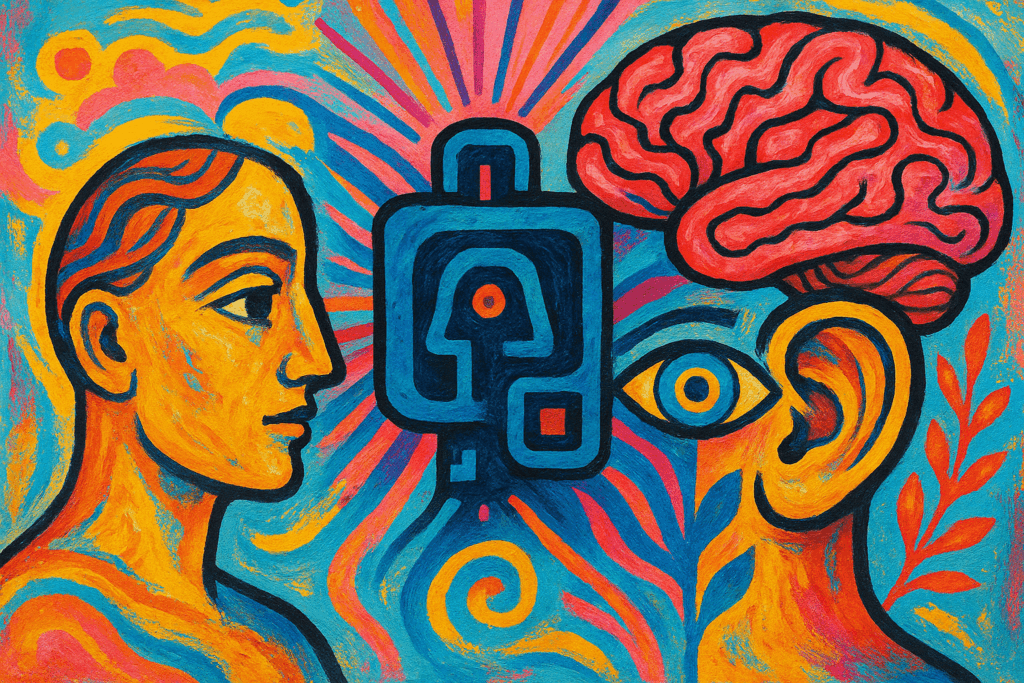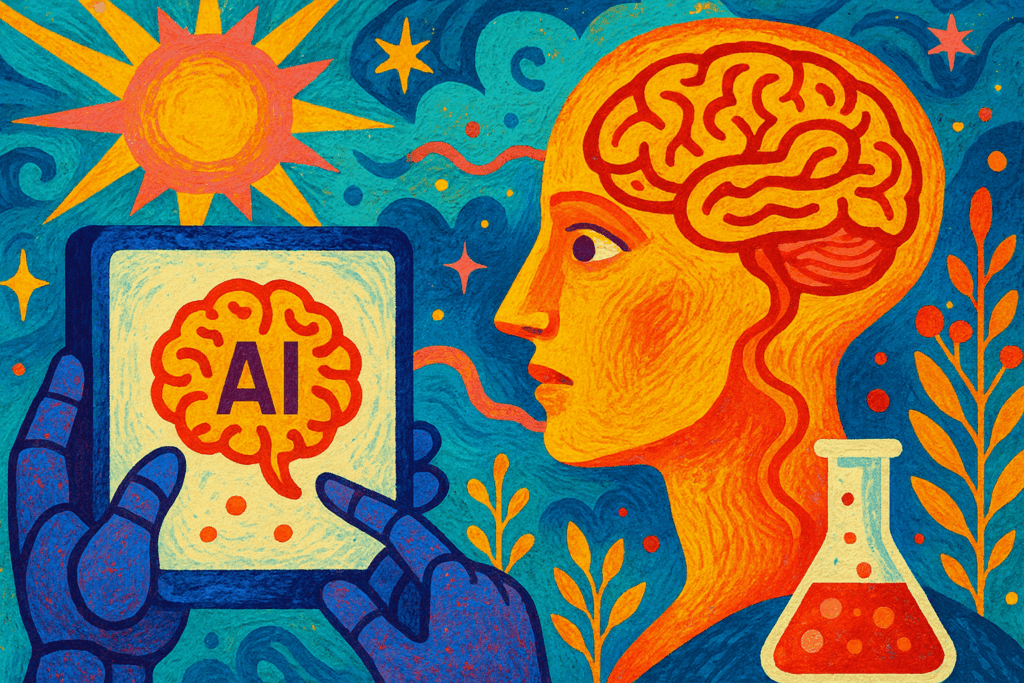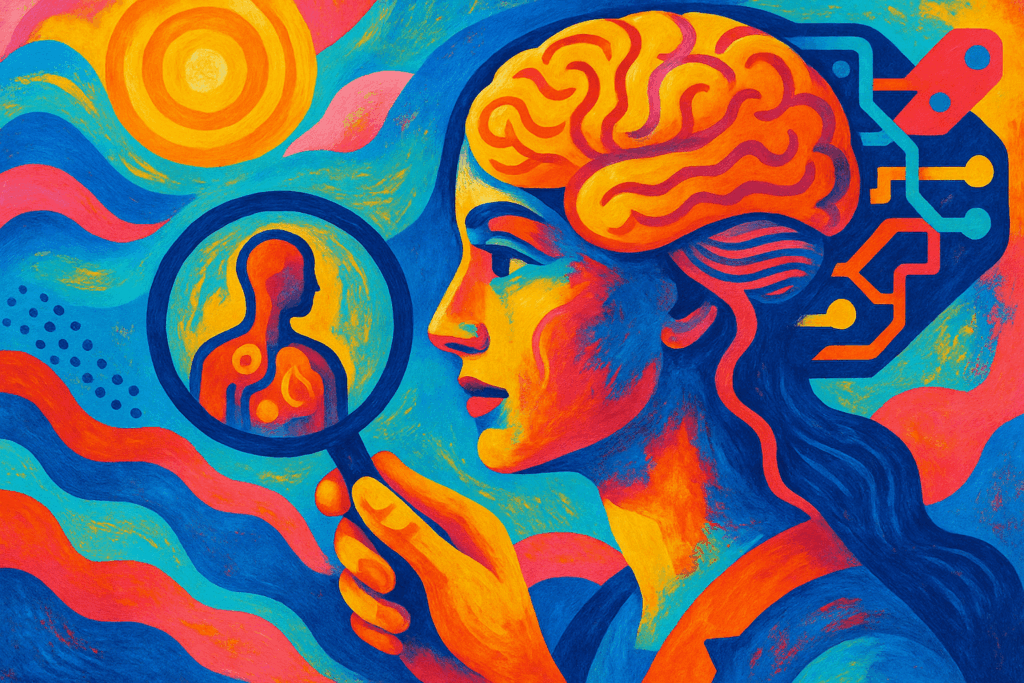AI Transforms Neuropsychiatric Diagnostics
SensoDetect, a medical technology AI company, has introduced a breakthrough in neuropsychiatric diagnostics by applying artificial intelligence to its Brainstem Evoked Response Audiometry (BERA) database. This innovative approach targets disorders such as attention deficit hyperactivity disorder (ADHD), schizophrenia, and autism. The AI analysis achieves diagnostic accuracy comparable to traditional but complex methods like MRI and EEG, yet it offers far greater practicality for routine clinical use.
Redefining Diagnostic Efficiency
Traditional neuropsychiatric tests often require expensive, bulky equipment and lengthy procedures. In contrast, SensoDetect’s AI-powered BERA test completes in under 10 minutes without discomfort to the patient. It eliminates the need for multimillion-dollar devices, significantly reducing costs while maintaining high accuracy. The non-invasive and straightforward process makes it easy to deploy globally, aiding rapid scaling and accessibility in diverse healthcare settings. This efficiency contrasts sharply with conventional diagnostics, which can be time-consuming, invasive, and costly.
Market Impact and Future Directions
This advancement positions SensoDetect as a potential leader in AI-driven neuropsychiatric diagnostics. The technology is expected to accelerate commercial adoption and strengthen the company’s intellectual property portfolio. Founded on extensive research, SensoDetect focuses on screening, diagnosis, and medication monitoring across neuropsychiatric conditions. The scalability of this technology holds promise for expanding access to reliable diagnostics worldwide, improving patient care, and reshaping the diagnostic landscape with AI’s integration into healthcare.
In summary, SensoDetect’s AI-enhanced BERA technology offers a practical and scalable solution that may transform neuropsychiatric diagnostics. Its combination of speed, cost-efficiency, and accuracy exemplifies how AI can meaningfully impact medical practices and patient outcomes in the near future.




